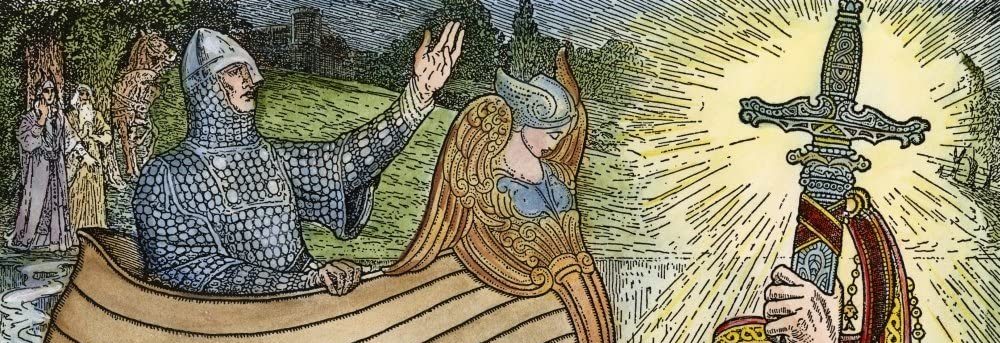I’m going to take a break from examining my supplements, and instead write a bit about a topic I’ve been having some ruminations on recently.
One of the main drivers of setting and lore in fantasy RPG campaigns tends to be religion. Who or what are the gods in your setting? How do they organize themselves? How involved in the world are they? While I’ve seen some interesting variations, the standard sort of polytheistic coat of paint slapped on top of Christianity has felt rather hollow to me lately.
In my current game I have 8 gods largely based on Greco-Roman mythology and partially stolen from Dwimmermount (which is great by the way, and I highly recommend it.) In my next game I want to try something different.
I’ve been thinking a bit about it, and I’m pretty sure the standard approach is coming at this from the wrong direction. I feel like the Anglo-Historical focused nature of early D&D (St. Cuthbert, for example) mixed with Appendix N implies a setting with many gods, but only one church. Hell, Gary Gygax didn’t even include individual gods in the game until his players asked him to because they wanted someone for their clerics to offer prayers to.
So with that in mind, I think in my next campaign I’ll handle religion a bit differently and have saints fill the spot gods would take up in a more traditional game. This is intended to give two major benefits.
- Better Aesthetics, Same Game Functions
Clerics are just clerics of “The Gods”, “The Gods of the Church”, “The Empyrean Gods”, or “The X Gods” where X is the name of the most recently collapsed human empire (the Thulian Empire in most of my campaigns.) The gods themselves are distant and unnamed, but strongly associated with the sky and with light. Instead of a god of thunder or of love, there are patron saints of thunderstorms and lovers. This allows the religion to have different factions devoted to saints, individual saints to have their own religious lore, and clerics to be differentiated from each other by which saints they venerate. To my mind, this gives a less weird and jarring feel in the game than smashing together pre-Christian polytheism with medieval Christianity and more closely lines up with the kind of aesthetics I enjoy in my game. It should make the campaign feel less fantastical and ungrounded, despite being a fantasy game.
- More Interesting Setting Assumptions
Having one unified church with all clergy worshipping the same gods instead of many cults devoted to separate gods more closely mirrors the nature of the medieval church and so allows for all the same politicking that went on in the actual medieval church, with different factions of clergy and plenty of schisms and accusations of heresy to go around. For example, there is a schism between the East and the West Thulian Church surrounding what birds are acceptable to eat. (Shoutout to Professor Dungeon Master for this one.)
It is generally agreed upon that eating birds capable of flight is taboo and a grave heresy due to birds’ proximity to the heavens, and therefore the gods, but in the East the clergy banned their practitioners from eating even flightless birds. By refusing the gods’ gift of chickens, turkeys and pheasants, they reject the gods themselves and thus allow heresy to creep into their hearts.
Ecgred, Archimandrite of the Abbey of St. Urda at Camor
If you think this is ridiculous, you shouldn’t. One of the main factors in the East-West schism between the Catholic and Orthodox Churches was the issue of whether communion wafers could be crackers or exclusively bread. Without the expectation of unified religious practices that comes along with a unified church, accusations of heresy carry much less weight.
In future posts I plan to go a little into the theology, doctrine and organization of the church, some of the factions, schisms and hierarchies in the church, and some of the myths surrounding the saints.
For now though, take this very rough list of the Exalted Saints of the Thulian Church:
- St. Orvandel – He is the patron saint of travelers, judges and guards
- St. Doanar – He is the patron saint thunderstorms, warriors and sailors
- St. Grimnir – He is the patron saint of the departing souls
- St. Hretha – She is the patron saint of craftsmen, scholars and maidens
- St. Ercah – She is the patron saint of farmers, hometenders and mothers
- St. Urda – She is the patron saint of gamblers and those who live by luck

